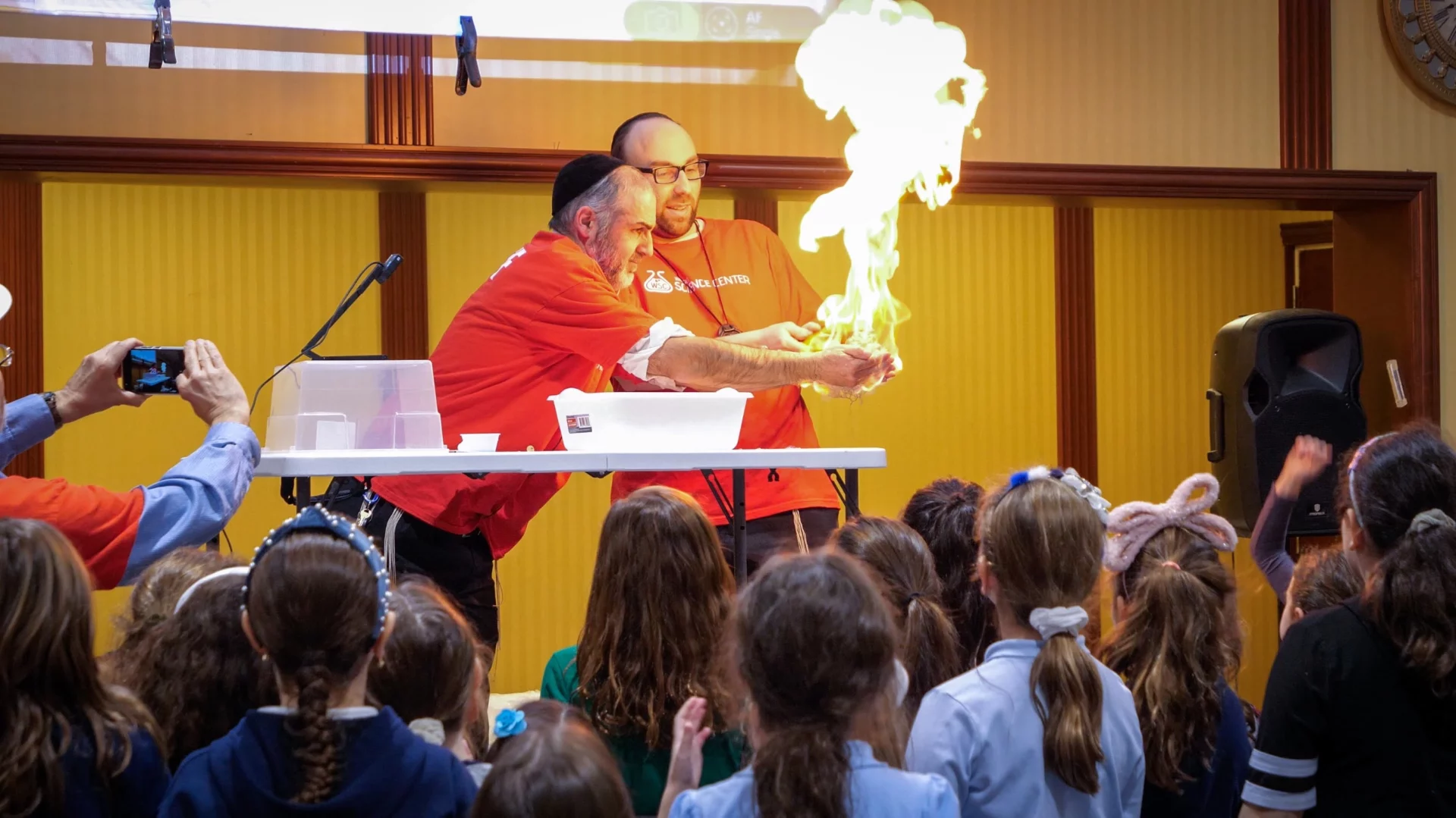Enhance your classroom experience with our ready-to-teach Full Option Science System science kits for grades K-8. Each module comes complete with materials, worksheets and teacher guides to help your class investigate compelling science topics.
Your school will pay a $50 rental fee per kit (to cover the restocking of consumables), and kits can be rented for 3 months at a time. Kindly reserve kits at least one to two weeks in advance.

Science Lab
Kits (FOSS)

ENVIRONMENT
All living things depend on the conditions in their environment. The study of the relationships between one organism and its environment builds knowledge of all organisms. With this knowledge comes an awareness of limits. Changes in an environment can be hard on organisms. Such knowledge is important because humans can change environments. To do so without awareness of possible consequences can lead to disasters. The Environments module consists of six investigations that introduce students to these basic concepts in environmental biology.

Balance & Motion
We live in a dynamic world where everything is in motion, or so it seems. But not everything is moving the same way. Some things move from one place to another. Other things go around and around in a rotational motion. Still other things are stationary, stable for a time, balanced on a thin line between stop and go. These are the global phenomena that students experience in this module, Balance and Motion.

Human Brain & Senses
The FOSS Human Brain and Senses Course emphasizes the use of knowledge and evidence to construct explanations for the relationship between structure and function in the human sensory and nervous system. Students investigate how the brain and senses acquire, interpret, and respond to information. An emphasis on vision and touch leads to investigations of the structure and function of the sensory organs and the brain itself. Images (MRI and EEG) are used to reveal brain anatomy and activity. Students also explore learning, memory, and sensory dysfunction.

Levers & Pullies
Humans are the only living creatures that have been able to put materials together to construct machines to do work. Our capacity to see and invent relationships between effort and work produced through simple machines has led us into a world that is becoming more technologically oriented. Knowledge of these relationships is necessary for understanding all mechanics. The Levers and Pulleys module consists of four investigations that involve students in fundamental concepts of simple machines.

Magnetism & Electricity
The Magnetism and Electricity module consists of five sequential investigations, each designed to introduce or reinforce concepts in physical science. The investigations provide opportunities for students to explore the natural and human-made worlds by observing and manipulating materials in focused settings using simple tools.

Matter & Energy
Students experience a variety of forms of matter and energy. They investigate the properties of light, observe the conversion of energy from one form to another, and explore properties of the three common states of matter (solid, liquid, and gas). Students use metric tools to measure the properties of matter-mass, volume, and temperature-and observe that starting substances can change into new substances as a result of a chemical reaction. (4 Investigations)

Air & Weather
The Air and Weather module consists of four sequential investigations, each designed to introduce concepts in earth science. The investigations provide opportunities for young students to explore the natural world by using simple tools to observe and monitor change.

Measurements
Measurement, the process of quantifying observations, is one of the cornerstones of science. Measurement compares nature—the unknown—to a standard unit—the known. Through such comparison, the organization of the world becomes more comprehensive. The FOSS Measurement module consists of four investigations, each designed to emphasize a particular type of metric measurement—length, mass, temperature, and volume.

Models & Design
The four investigations in the Models and Designs module provide experiences that develop the concept of a scientific model and engage students in design and construction. The atmosphere generated by this module is one of open discussion, free exchange of ideas, and development of ideas into products.

Chemical Interactions
Chemistry is the study of the structure of matter and the changes or transformations that take place in it. Learning about the makeup of substances gives us knowledge about how things go together and how they can be taken apart. Learning about changes in substances is important for several reasons: changes can be controlled to produce new materials; changes can be used to give off energy to run machines. The Mixtures and Solutions Module has four investigations to introduce students to these fundamental ideas in chemistry.

Plants & Animals
Investigations give young students the opportunity to provide for the needs of both plants and animals living together in a classroom habitat. This experience offers them an awareness of the different ways that plants and animals grow and interact.

Physics & Sound
The Physics of Sound module consists of four sequential investigations, each designed to expose a specific set of concepts. Students learn to discriminate between sounds generated by dropped objects, how sounds can be made louder or softer and higher or lower, how sounds travel through a variety of materials, and how sounds get from a source to a receiver. The investigations provide opportunities for students to explore the natural and human made worlds by observing and manipulating materials in focused settings using simple tools.

Planetary Science
The Planetary Science Course for grades 7–8 emphasizes the use of knowledge and evidence to construct explanations for the structures and motions of objects in the Solar System. This course supports the following National Science Education Standards. Develop students’ abilities to do and understand scientific inquiry. Develop students’ understanding of Earth and the Solar System as a set of closely coupled systems. Develop students’ understandings of science and technology. Develop an understanding of science as a human endeavor that has taken place over time.
Have Questions?
Feel Free To Ask Anything
